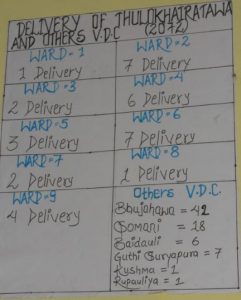 BU PhD student Mrs Preeti Mahato published her latest scientific paper ‘Determinants of quality of care and access to Basic Emergency Obstetric and Neonatal Care facilities and midwife-led facilities in low and middle-income countries: A Systematic Review’ in the Journal of Asian Midwives [1]. This paper is co-authored by Dr. Catherine Angell and Prof. Edwin van Teijlingen, who are both based in the Centre for Midwifery, Maternal & Perinatal Health (CMMPH) and Prof. Padam Simkhada, BU Visiting Professor and based at Liverpool John Moores University (LJMU). Journal of Asian Midwives is a free Open Access journal, freely available for anybody across the globe to read online.
BU PhD student Mrs Preeti Mahato published her latest scientific paper ‘Determinants of quality of care and access to Basic Emergency Obstetric and Neonatal Care facilities and midwife-led facilities in low and middle-income countries: A Systematic Review’ in the Journal of Asian Midwives [1]. This paper is co-authored by Dr. Catherine Angell and Prof. Edwin van Teijlingen, who are both based in the Centre for Midwifery, Maternal & Perinatal Health (CMMPH) and Prof. Padam Simkhada, BU Visiting Professor and based at Liverpool John Moores University (LJMU). Journal of Asian Midwives is a free Open Access journal, freely available for anybody across the globe to read online.
The authors highlight that maternal mortality is a major challenge to health systems in Low and Middle-Income Countries (LMICs) where almost 99% of maternal deaths occurred in 2015. Primary-care facilities providing Basic Emergency Obstetric and Neonatal Care (BEmONC) facilities, and facilities that are midwife-led are appropriate for normal birth in LMICs and have been proposed as the best approach to reduce maternal deaths. However, the poor quality of maternal services that leads to decreased utilisation of these facilities is among the major causes of maternal deaths worldwide. This systematic review studied factors affecting the quality of care in BEmONC and midwife-led facilities in LMICs.![]()
Thematic analysis on included studies revealed various factors affecting quality of care including facility-level determinants and other determinants influencing access to care. Facility-level determinants included these barriers: lack of equipment and drugs at the facility, lack of trained staff, poor attitudes and behaviour of service providers, and poor communication with women. Facility-level positive determinants were: satisfaction with services, emotional support during delivery and trust in health providers. The access-to-care determinants were: socio-economic factors, physical access to the facility, maintaining privacy and confidentiality, and cultural values. The authors include that improving quality of care of birthing facilities requires addressing both facility level and non-facility level determinants in order to increase utilization of the services available at the BEmONC and midwife-led facilities in LMICs.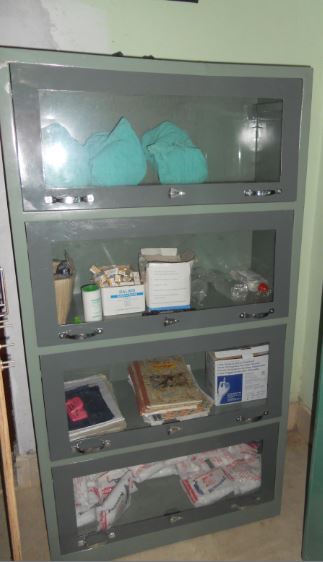
This is the fifth paper co-authored by CMMPH’s current most published PhD student. The evaluation of birth centres in rural Nepal by Preeti Mahato under joint supervision Dr. Angell and Prof. Simkhada (LJMU) and Prof. van Teijlingen.
References:
- Mahato, P., van Teijlingen, E., Simkhada, P., Angell, C. (2017) Determinants of quality of care & access to Basic Emergency Obstetric & Neonatal Care facilities & midwife-led facilities in low & middle-income countries: A Systematic Review, Journal of Asian Midwives 4(2):25-51.
- Mahato, P., van Teijlingen, E., Simkhada, P., Angell, C. (2016) Birthing centres in Nepal: Recent developments, obstacles and opportunities, Journal of Asian Midwives 3(1): 18-30. http://ecommons.aku.edu/cgi/viewcontent.cgi?article=1033&context=jam
- Mahato, P., van Teijlingen, E., Simkhada, P., Sheppard, Z., Silwal, R.C. (2017) Factors related to choice of place of birth in a district in Nepal. Sexual & Reproductive Healthcare 13: 91-96.
- Mahato, P.K., Regmi, P.R., van Teijlingen, E., Simkhada, P., Angell, C., Sathian, B. (2015) Birthing centre infrastructure in Nepal post 2015 earthquake. Nepal Journal of Epidemiology 5(4): 518-519. http://www.nepjol.info/index.php/NJE/article/view/14260/11579
- Regmi, P., van Teijlingen, E., Hundley, V., Simkhada, P., Sharma, S., Mahato, P. (2016) Sustainable Development Goals: relevance to maternal & child health in Nepal. Health Prospect 15(1):9-10. www.healthprospect.org/archives/15/1/3.pdf
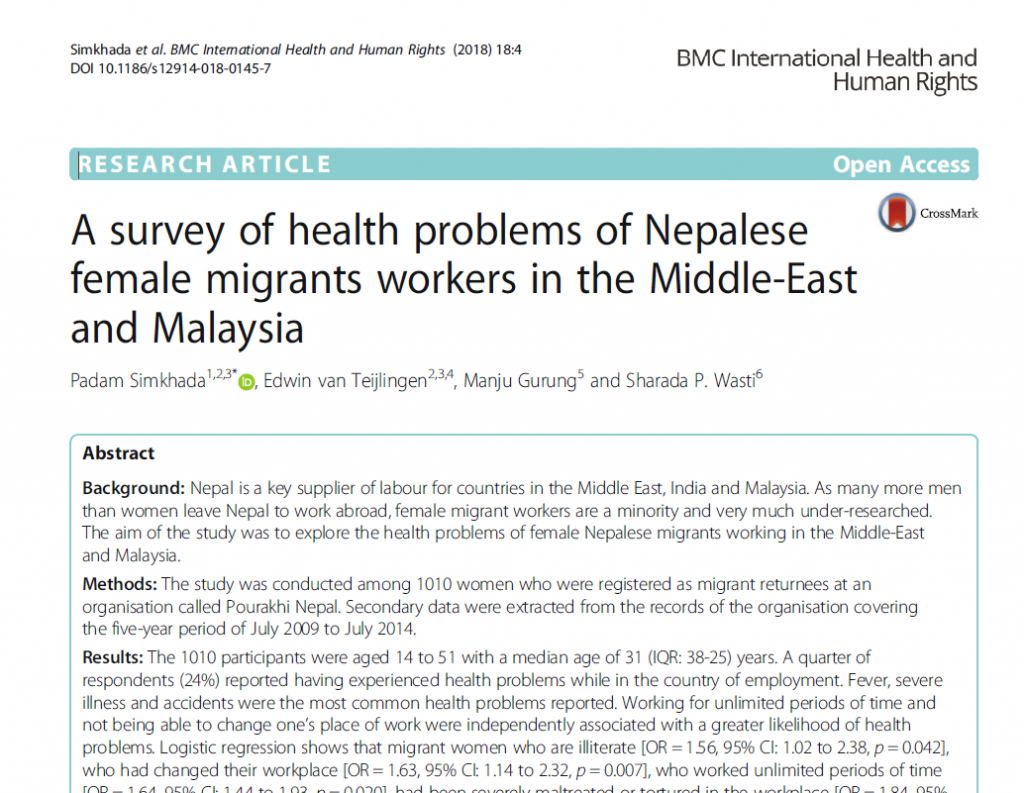


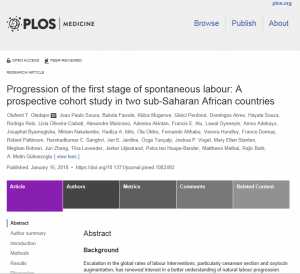
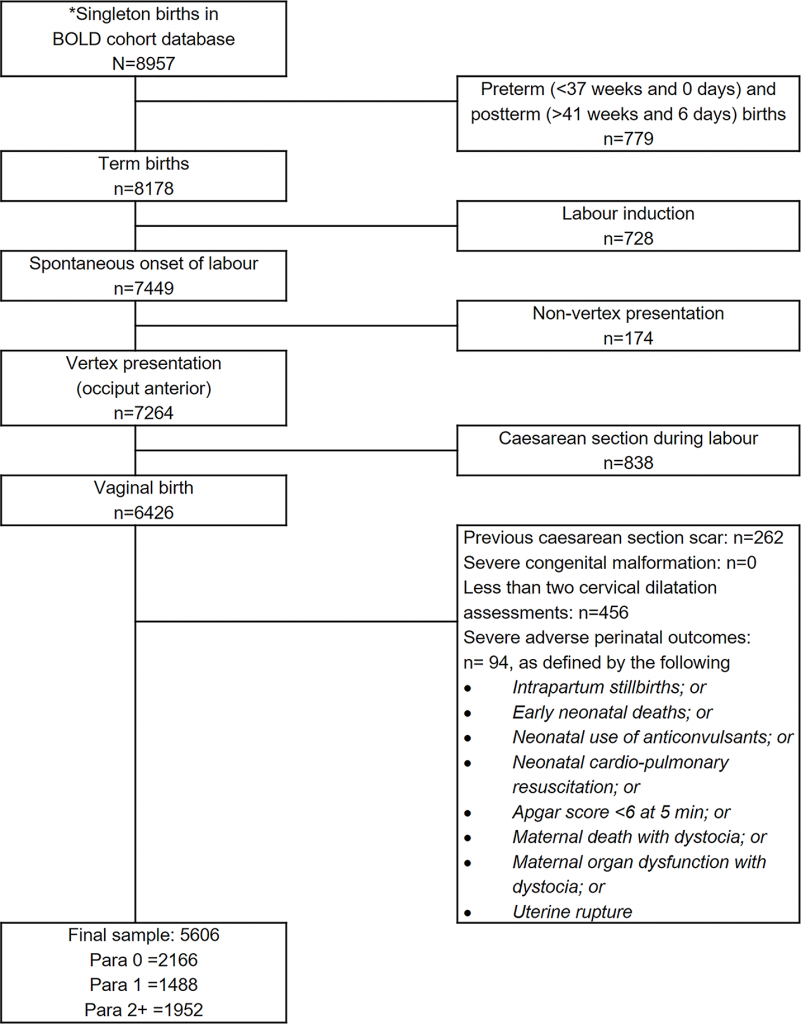
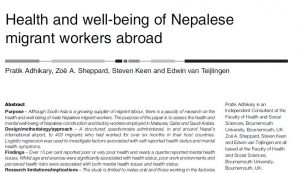



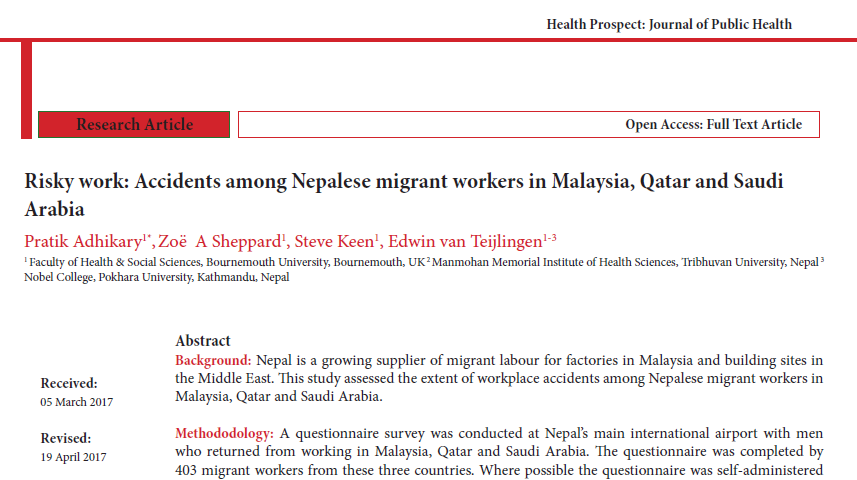
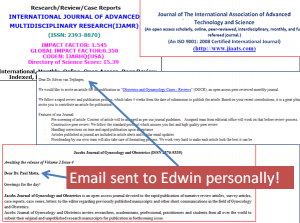
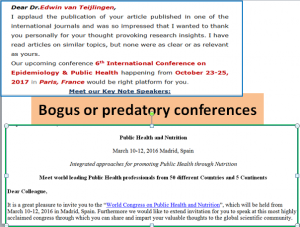
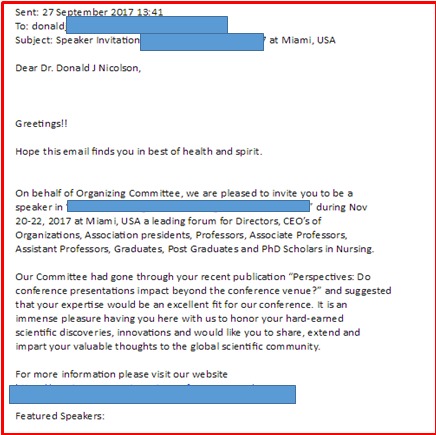
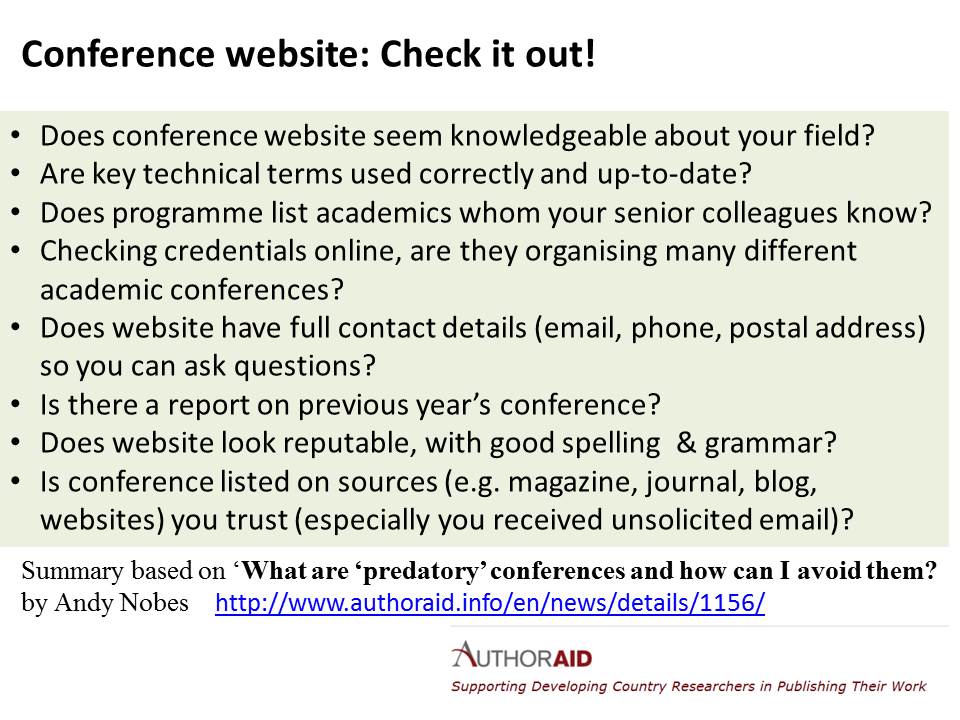

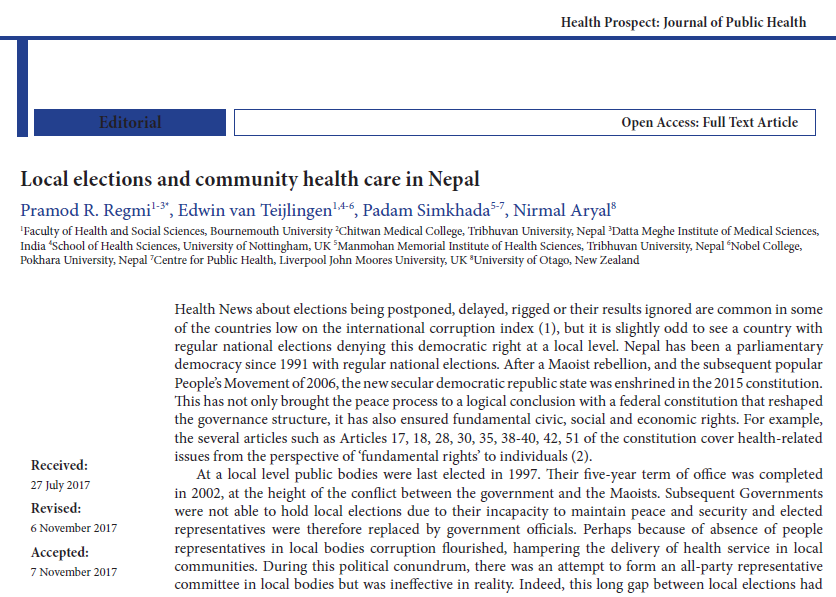
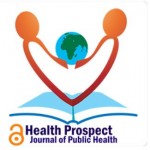



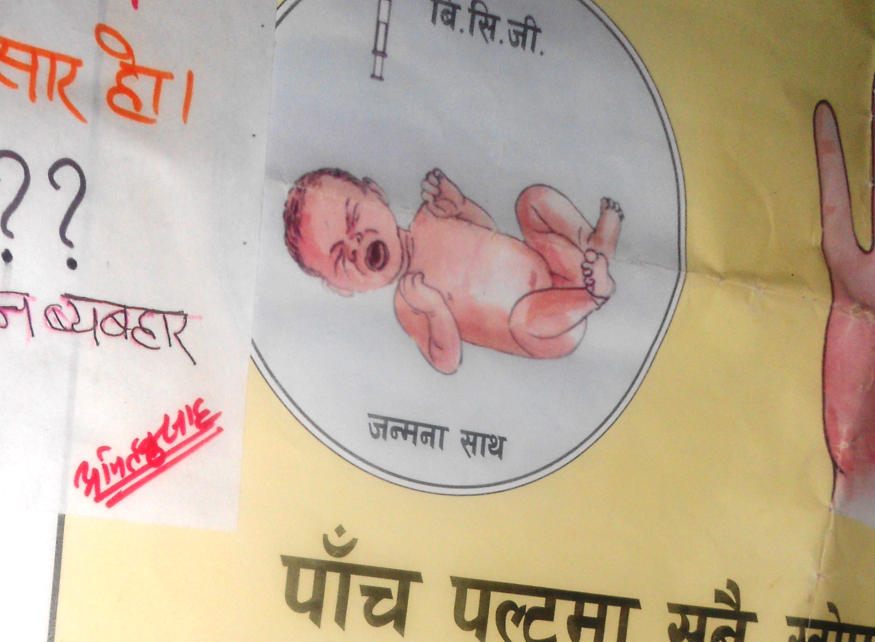


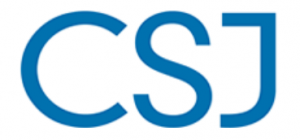
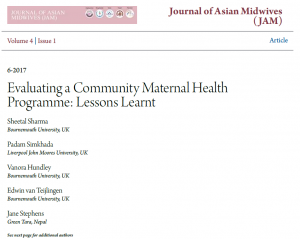













 REF Code of Practice consultation is open!
REF Code of Practice consultation is open! BU Leads AI-Driven Work Package in EU Horizon SUSHEAS Project
BU Leads AI-Driven Work Package in EU Horizon SUSHEAS Project Evidence Synthesis Centre open at Kathmandu University
Evidence Synthesis Centre open at Kathmandu University Expand Your Impact: Collaboration and Networking Workshops for Researchers
Expand Your Impact: Collaboration and Networking Workshops for Researchers ECR Funding Open Call: Research Culture & Community Grant – Apply now
ECR Funding Open Call: Research Culture & Community Grant – Apply now ECR Funding Open Call: Research Culture & Community Grant – Application Deadline Friday 12 December
ECR Funding Open Call: Research Culture & Community Grant – Application Deadline Friday 12 December MSCA Postdoctoral Fellowships 2025 Call
MSCA Postdoctoral Fellowships 2025 Call ERC Advanced Grant 2025 Webinar
ERC Advanced Grant 2025 Webinar Update on UKRO services
Update on UKRO services European research project exploring use of ‘virtual twins’ to better manage metabolic associated fatty liver disease
European research project exploring use of ‘virtual twins’ to better manage metabolic associated fatty liver disease